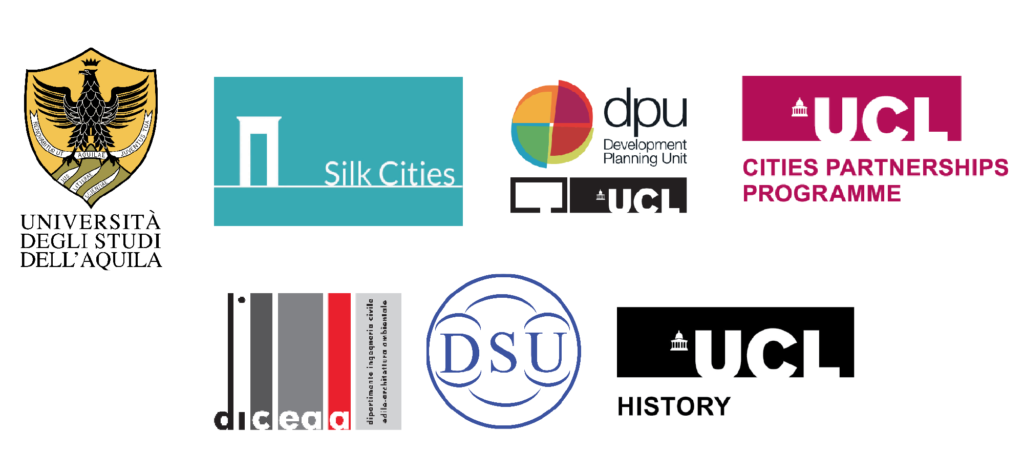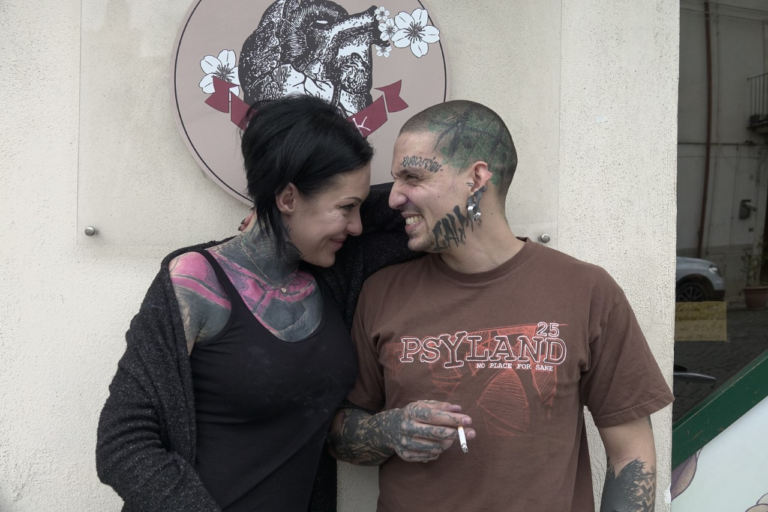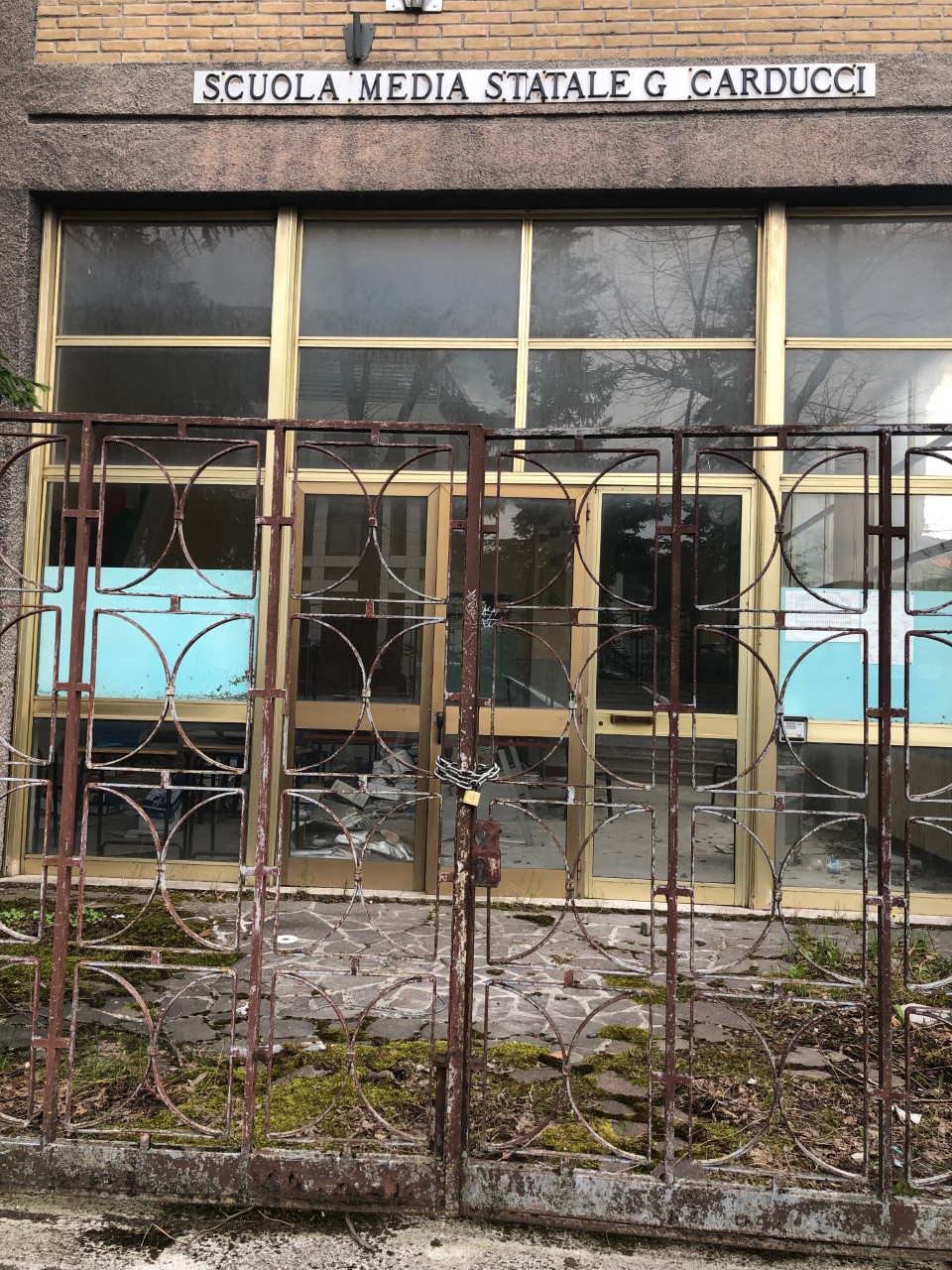Conference Details

Special Sessions on L'Aquila
Exhibition: People, Rituals and Places from the Outskirts of L’Aquila after the Earthquake
Project by: Centro Sperimentale di Cinematografia Abruzzo
The Abruzzo branch of the Centro Sperimentale di Cinematografia (Experimental Centre of Cinematography) is proud to introduce to the public a photographic exhibition which presents a reinterpretation of the city territory from the perspective of the periphery. The exhibition features the work of students on the Reportage course and includes about 100 large format prints together with written, video and audio reportages. Supervised by the course tutors, the work paints a complex portrait full of sparks and nuance that show not only the difficulties but also the resources and potential of the city’s territories where the peripheries are often characterised by strong identities. Narrating the outskirts of L’Aquila is a difficult undertaking - whilst the historic city centre was abandoned for a long time following the earthquake, for it to regain its life these peripheries and their dialogue with the city centre need to be considered; they each have their own history and character and will have roles to play in regenerating the whole urban organism.


The proposed special sessions are determined by the particular circumstances of the host city as a living laboratory. Recent experiences in L’Aquila provide an opportunity to assess what has been achieved and what could have been done differently as well as to look at what needs to be pushed forward to stimulate social and economic recovery. Ten years into the reconstruction, large areas of the city centre of L’Aquila remain in a state of abandonment and whilst consolidation and restoration of private property and some listed buildings has been effective, public sector works are largely stalled. The schools remain an area of particular criticality. In addition to this, social and commercial activity is struggling to find a footing in what had been a thriving and vivacious city centre and tourist area. Open to all, the conference will encourage participation of the citizens of L’Aquila many of whom have been active participants in initiatives aimed at social reconstruction. Detailed programme will be announced in due time.


Roundtable on reconstructing schools & education
Ten years after the earthquake of 6 April 2009, school buildings in L’Aquila have yet to be rebuilt. In an area that continues to be prone to earthquakes, the lack of safe schools represents a constant worry affecting both children and parents. Most children are still educated in temporary containers or in schools which were not re-built but partly repaired and put back to use after the earthquake, pending further evaluation which has yet to be carried out. One such evaluation made in August last year resulted in the closure of the Liceo Classico, which then had to accommodate its students in five different buildings, with a timetable in rotation with students from other schools.
A group of parents has formed into a ‘Comitato scuole sicure’ (committee for safe schools) demanding attention and answers from the local administrators responsible for the decision making. To date the public administration has come up with no clear plan; instead uncertainty remains both in relation to where replacement schools should be located and regarding the kind of structures that should be created.
A special session on schools will be held in the afternoon of the 11th of July at the Sala del Consiglio in the Provost's Office of the University of L’Aquila to discuss the issue of schools in L’Aquila. Involving local voices together with decision makers, it will aim to progress the understanding of the future of education in L’Aquila and the role of education buildings in providing security and acting as a stimulus to urban regeneration.
